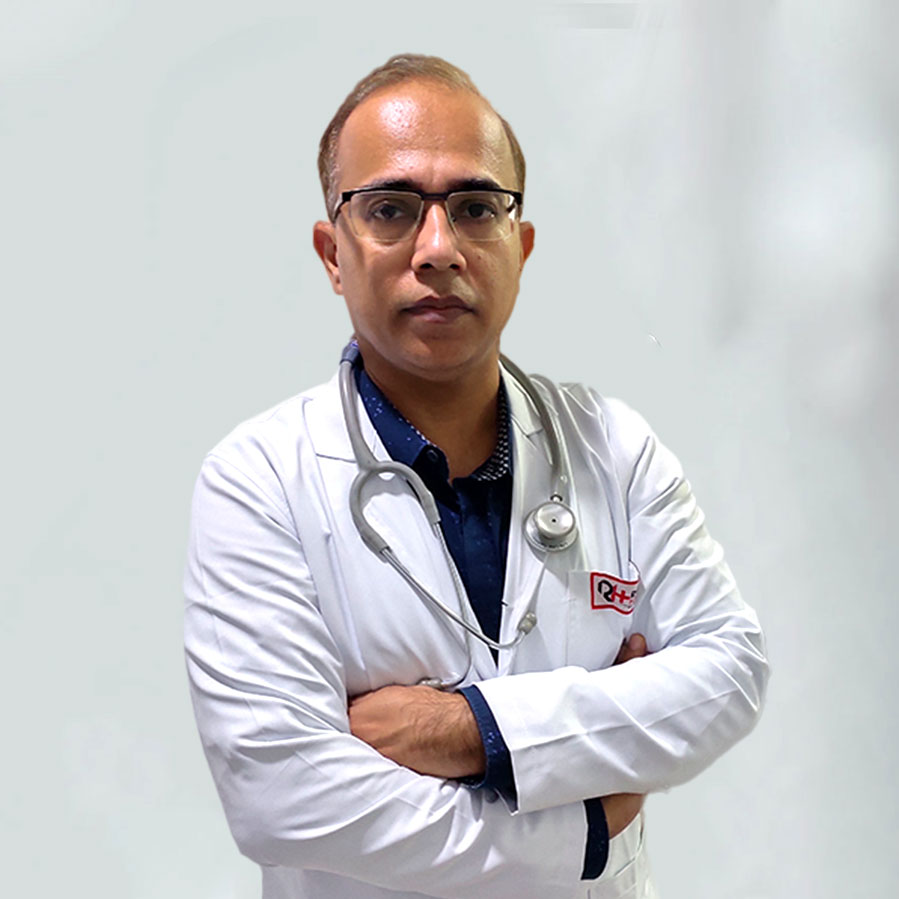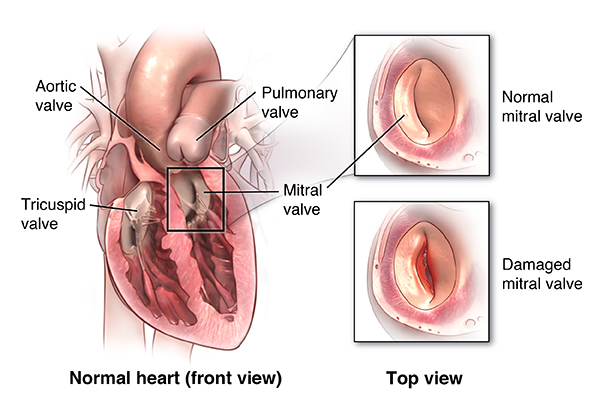Mitral Valve Repair
India
-
Our Price USD 6930
-
Hospital Price USD 7700
-
You Save : USD 770
Booking Amount: USD 693. Pay Remaining 90% at the hospital.
Book NowAdditional Credit
Among the important extras we offer as part of the Additional Credit are the following:
-
Site Tourism For The Patient & Attendant
-
Airport Pick & Drop Service
-
Ambulance service at airport
-
Priority appointments with The Doctor
-
Cancel Easily Anytime with Full Refund
-
Room Upgradation
-
Free Online Doctor Consultation Valued at USD 20
-
Free hotel Stay for 5 to 7 days Accordingly
-
Welcome Kit at Arrival
-
Interpreter
-
Medical Visa Assistance
What is Included?
- Doctor consultation charges
- Lab tests and diagnostic charges
- Room charges inside hospital during the procedure
- Surgeon Fee
- Cost of implant
- Nursing charges
- Hospital surgery suite charges
- Anesthesia charges
- Routine medicines and routine consumables (bandages, dressings etc.)
- Food and Beverages inside hospital stay for patient and one attendant.
What is not Included?
- Extra Radiology Investigations
- Healthcare Professionals Charges of other consultations.
- Other Requested Services such as Laundry etc.
- Additional Pharmaceutical Products and Medicines After Discharge from Hospital.
- Management of Conditions Unrelated to Procedures or Pre-Existing.
- The cost of any additional implants will be in addition to the package cost.
Package Description
Procedure Description:
Mitral Valve Repair
Mitral valve repair is a therapy option for patients with mitral valve disease. It requires open-heart surgery to repair abnormalities with your mitral valve. If you have severe mitral valve disease, your doctor may propose open-heart surgery to repair or replace the damaged valve. Providers frequently urge repair over replacement, especially when the valve leaks, because there are more benefits and less hazards to keeping your own valve. However, for certain individuals, replacement may be the best or only alternative.
Disease Overview:
Your heart gets blood, oxygen, and nourishment through the coronary arteries. Plaque development in these arteries can restrict them, reducing blood flow to the heart. Reduced blood flow can eventually lead to angina (chest discomfort), shortness of breath, and other signs and symptoms of coronary artery disease.
Disease Signs and Symptoms:
Symptoms:
1- Pain in the neck or jaw.
2- Pain in the shoulder or arm.
3- A rapid heart rate.
4- When you are physically engaged, you may have shortness of breath.
5- Nausea and vomiting are common side effects.
6- Sweating.
7- Fatigue.
Disease Causes:
1- Coronary heart disease runs in the family.
2- Hypertension is the medical term for elevated blood pressure.
3- cholesterol levels are elevated.
4- obesity.
5- Diabetes mellitus is a kind of diabetes.
6- renal illness that has progressed to the terminal stage.
7- Amyloidosis is a disease in which aberrant proteins accumulate in the tissues and organs of the body, including the blood vessels.
Disease Diagnosis:
1- An EKG is a type of electrocardiogram (ECG). The electrical activity of your heart is recorded by electrodes placed to your skin.
2- A stress test was conducted.
3- Echocardiogram.
4- An echocardiography is a test that measures the heart's response to stress
5- A nuclear stress test has been performed.
6- Angiography of the coronary arteries.
7- CT scan of the heart.
Disease Treatment:
Coronary artery disease is generally treated with a combination of lifestyle modifications, medicines, and medical procedures.
- Changes in your way of life
Making the following healthy lifestyle adjustments will help promote healthier arteries:
- Stop smoking.
- Consume nutritious foods.
- Exercise on a regular basis.
- Get rid of the extra pounds.
- Reduce your stress levels.
- Stent implantation and angioplasty (percutaneous coronary revascularization)
A long, thin tube (catheter) is inserted into the narrowed section of your artery by your doctor. The constricted region is reached by passing a wire with a deflated balloon via the catheter. After then, the balloon is inflated, forcing the deposits against the artery walls.
A stent is frequently left in the artery to keep it open. The majority of stents deliver medicine over time to help keep the arteries open.
- Bypass surgery for the coronary arteries
- A graft is a conduit from another region of your body that is used to bypass blocked coronary arteries. This permits blood to flow around the coronary artery that is obstructed or constricted. Because it necessitates open-heart surgery, it's usually reserved for patients with numerous constricted coronary arteries.
Information related to Treatment
Package Details
Days in Hospital
7 Days
Days in Hotel
*
12 Days
Room Type
Private

Treating Doctor
Dr. Sumit Narang
Cardiothoracic and Vascular Surgeon- Heart Failure Treatment, LVAD, Tricuspid, CABG on beating heart, Aortic Aneurysm Surgery, Double Valve Replacement, MVR, AVR, Peripheral & Carotid angioplasty and Stenting, TAVI/TAVR, PDA & ASD closures, VSD, Adult Valvuloplasty (mitral etc.)
Marengo Asia hospital, Faridabad Faridabad, India
26 Years of Experience


